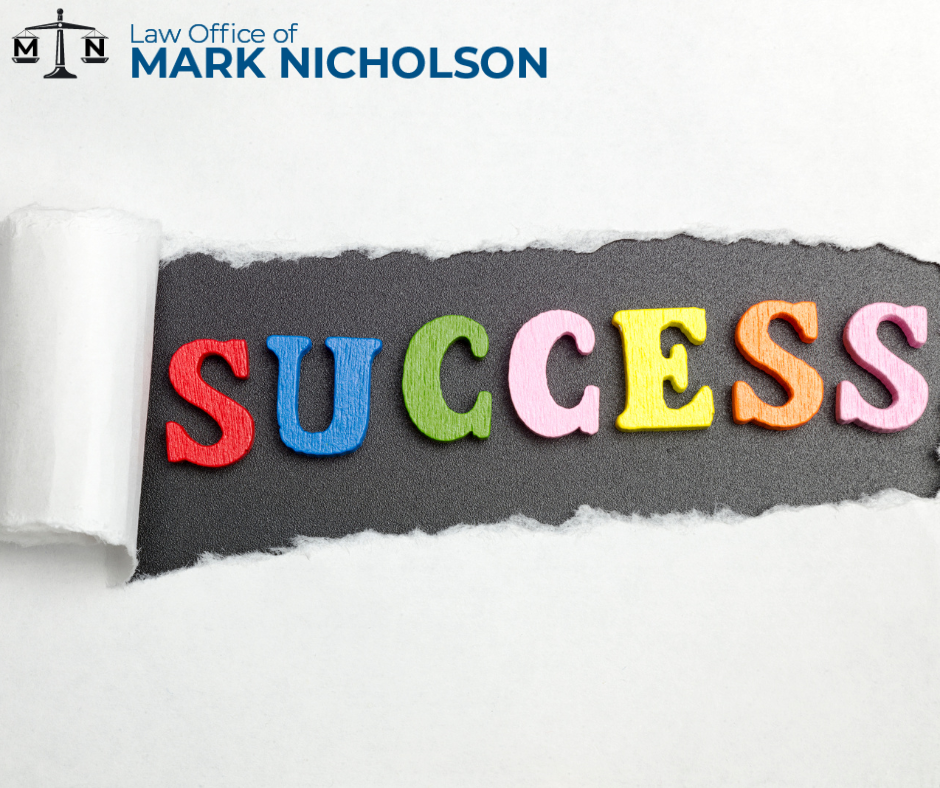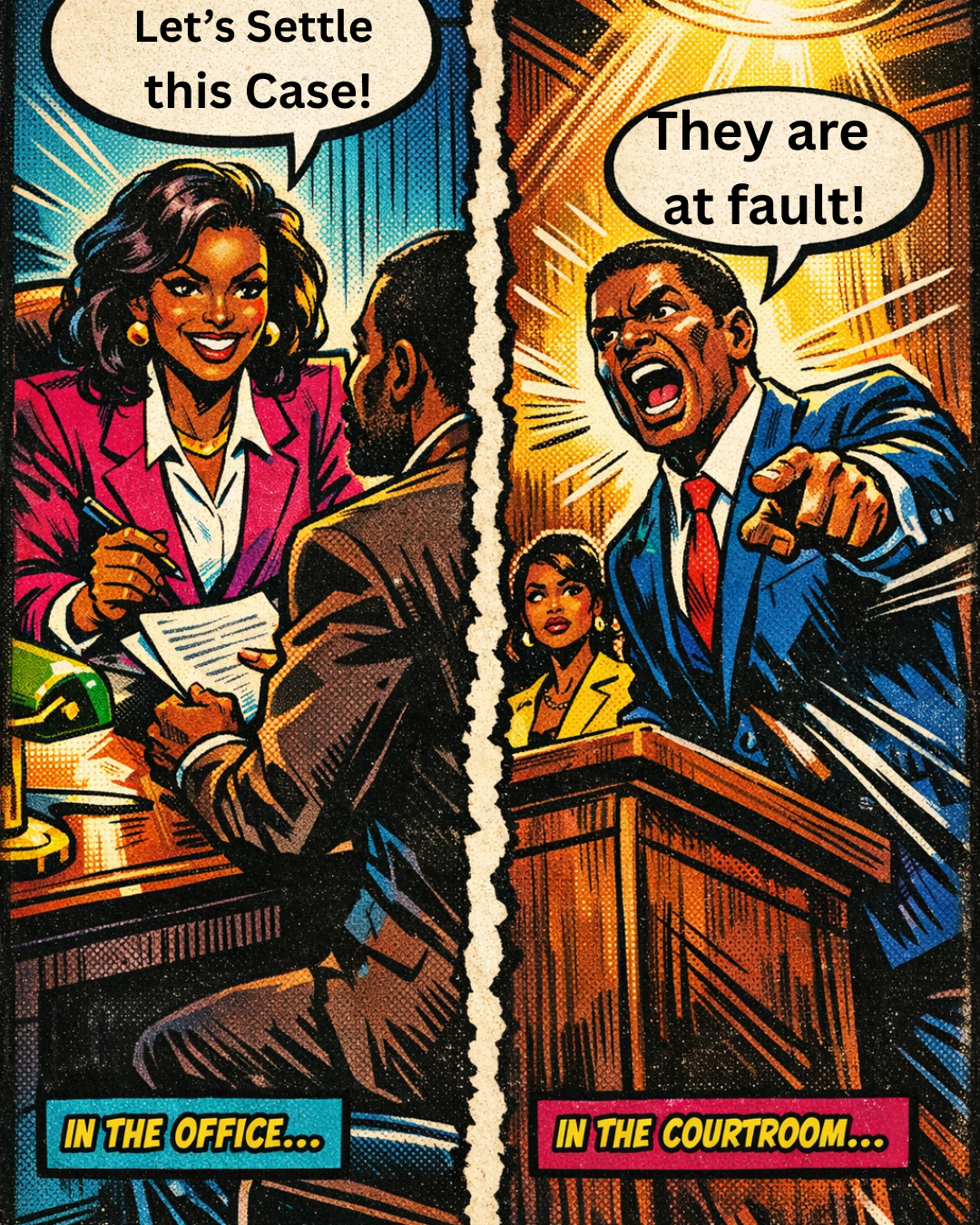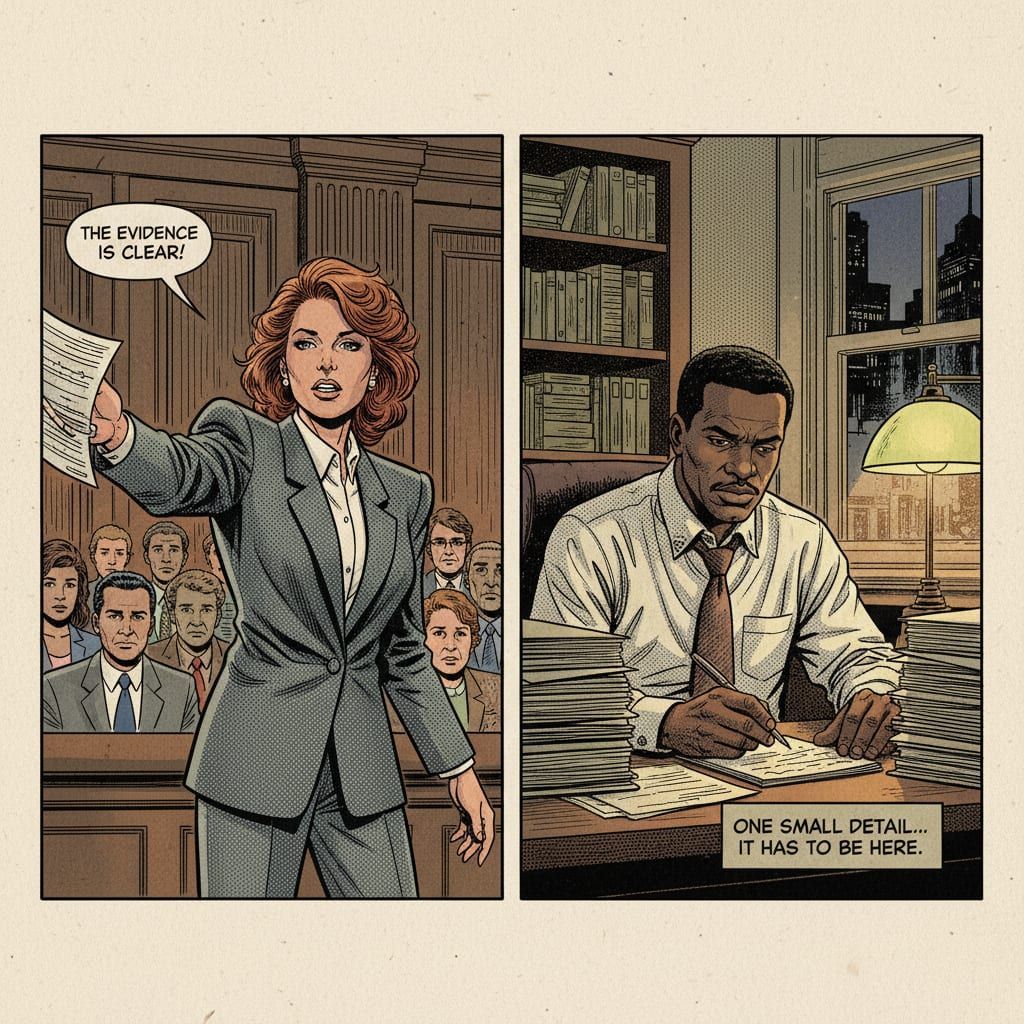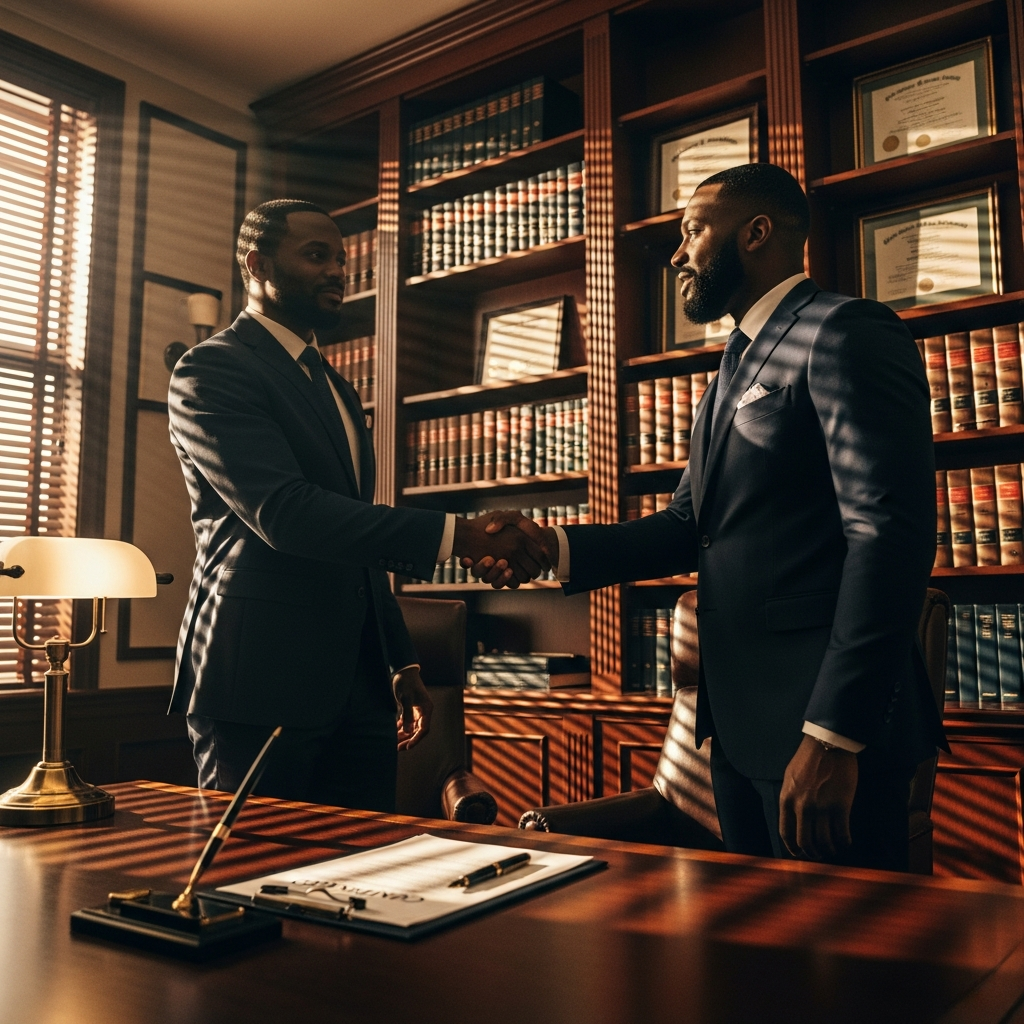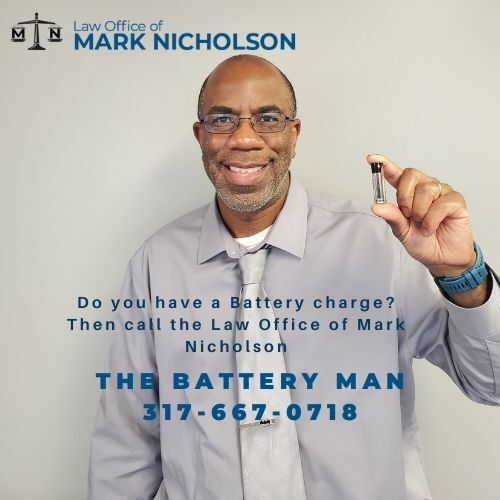OnlyFans Says AI-Generated Legal Briefs Are Unusable: What It Means for Your Case
OnlyFans Class Action Lawsuit and A.I Briefs

Here's the brutal truth: Your case could be dead in the water before it even starts if your lawyer is letting AI do the heavy lifting. OnlyFans just proved this point in spectacular fashion, and what happened should scare every potential client in Indiana who's thinking about trusting their legal future to attorneys who cut corners with artificial intelligence.
The OnlyFans Disaster That Changed Everything
Let's cut straight to the chase. Attorneys representing plaintiffs against OnlyFans just got caught with their pants down – they submitted court briefs containing 11 completely fictional court cases generated by AI tools. Not one or two fake citations. Eleven.
This isn't some minor clerical error we're talking about. OnlyFans' parent company, Fenix International Ltd., called out these lawyers in federal court for citing cases that literally don't exist. We're talking about made-up judicial decisions, fabricated legal precedents, and fictional court rulings that an AI chatbot dreamed up out of thin air.
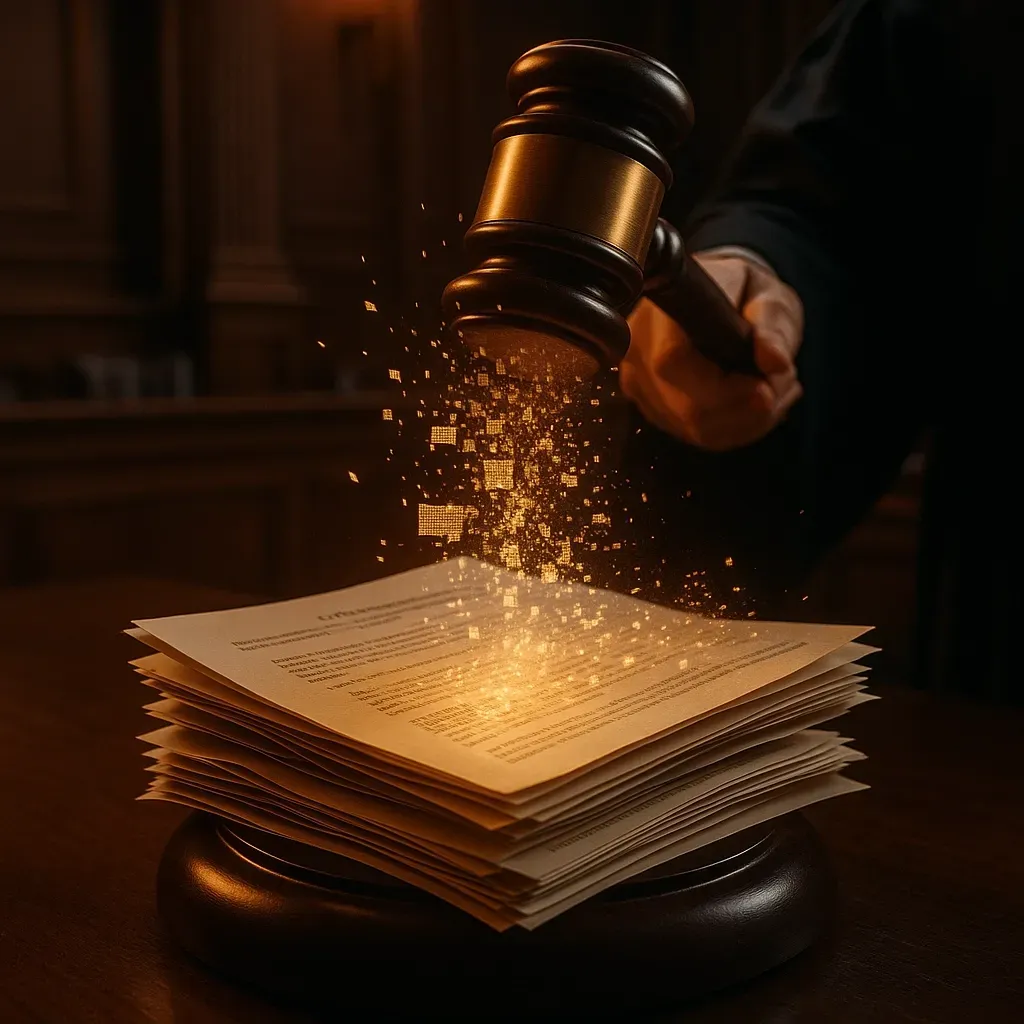
The kicker? This was the third time in just over a month that the same legal team from Hagens Berman Sobol Shapiro LLP pulled this stunt. Three times! At what point does "oops, my bad" become professional negligence?
Judge Fred W. Slaughter had to be informed that the plaintiffs' attorneys needed permission to correct their filings after the fake citations were exposed. Think about that for a second – these lawyers had to ask the court for a do-over because they couldn't tell the difference between real law and AI fantasy.
Why This Matters More Than You Think
Here's what OnlyFans' attorneys are saying, and they're not wrong: these AI-generated briefs are "unsalvageable." You can't just go back and fix fake citations like you're correcting typos in a high school essay. When the foundation of your legal argument is built on fictional cases, the entire brief becomes worthless.
Steve Carey, one of the lawyers involved, tried to downplay it: "It's a mistake. It shouldn't have happened. It's our responsibility to make sure briefs are right no matter who puts the sections together." But here's the thing – this wasn't a mistake. This was laziness dressed up as innovation.
These attorneys had two full months to prepare an 11,515-word brief. Two months! Instead of doing the actual legal work, they trusted an AI tool to do their research and didn't bother checking if the cases it cited were real.
The Real Cost of AI Shortcuts
Let me tell you what this means for clients: your case becomes a joke. OnlyFans is now using these fake citations as ammunition to get the case moved to England, where they want it tried. The plaintiffs' credibility is shot, and their legal team looks incompetent.
This isn't an isolated incident either. In California, two law firms just got hit with $31,000 in sanctions for filing documents full of AI-generated fictional cases in a State Farm lawsuit. U.S. Magistrate Judge Michael Wilner didn't mince words: no attorney at either firm "apparently cite-checked or otherwise reviewed that research."
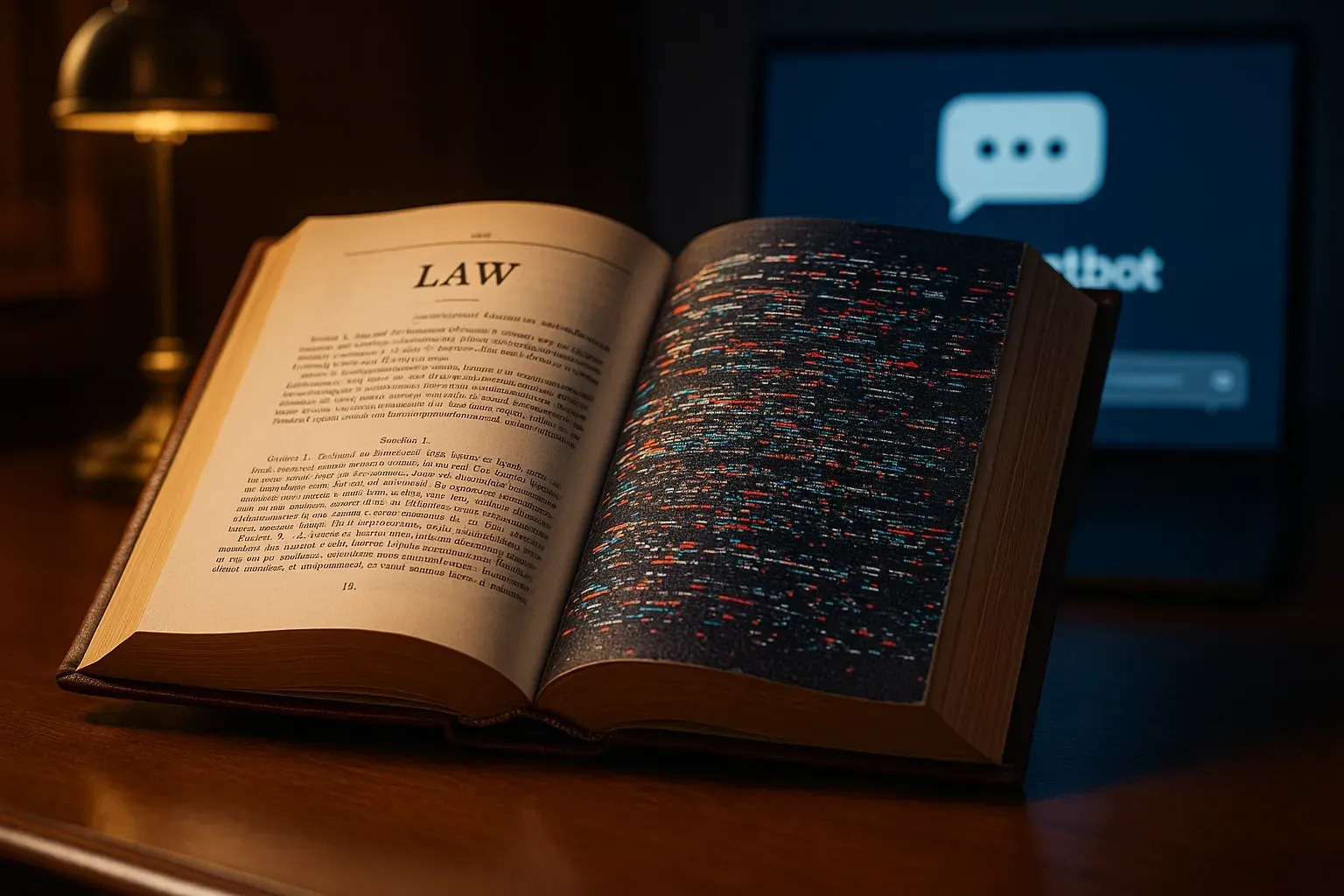
Think about what that means. These lawyers took AI output, slapped their names on it, and filed it in federal court without even glancing at whether the cases were real. That's not legal representation – that's professional malpractice waiting to happen.
What Indiana Residents Need to Know
If you're facing criminal charges or dealing with a personal injury case in Indiana, you need to ask your attorney point-blank: "Are you using AI to write my legal briefs?"
Here's why this question matters:
AI doesn't understand Indiana law. These tools are trained on massive datasets, but they can't distinguish between current Indiana statutes and outdated regulations from other states. They'll confidently cite cases that were overturned decades ago or never existed in the first place.
Your attorney's reputation affects your case. When judges start recognizing lawyers who file AI-generated garbage, those attorneys lose credibility. That credibility gap can sink your case before you even get to trial.
Fact-checking takes time and skill. Real legal research involves understanding how cases relate to each other, how laws have evolved, and which precedents actually apply to your situation. AI can't do that – it just pattern-matches text and hopes for the best.
The Professional Responsibility Crisis
Courts are starting to require AI certifications with filings, forcing attorneys to disclose when they've used artificial intelligence tools. Why? Because judges are tired of wasting their time on fictional legal arguments.
The repeated violations in the OnlyFans case prove that law firms can't police themselves. When lawyers start treating AI output as finished work instead of rough drafts that need extensive verification, the entire legal system breaks down.

Here's what competent legal representation looks like: Your attorney researches actual cases, understands how they apply to your specific situation, and builds arguments based on real legal precedent. They don't outsource their thinking to chatbots and hope nobody notices.
Why Experience Beats Algorithms Every Time
At the Law Office of Mark Nicholson, we've built our reputation on aggressive, competent representation that gets results. That means doing the actual work – researching real cases, understanding Indiana law inside and out, and crafting arguments that hold up under scrutiny.
When you're facing serious criminal charges or fighting for compensation after an accident, you don't want an attorney who's learning legal research from ChatGPT. You want someone who's been in Indiana courtrooms, knows the judges, understands local procedures, and can build a case that actually wins.
The Bottom Line for Your Case
The OnlyFans situation should be a wake-up call for anyone choosing legal representation. If your attorney is relying on AI to do their research, you're not getting the zealous advocacy you deserve – you're getting a cut-rate imitation that could destroy your case.
Ask tough questions.
Demand to know how your attorney conducts legal research. Make sure they're actually reading the cases they cite and understand how they apply to your situation.
Your legal future is too important to trust to artificial intelligence. When you need real representation that fights for real results, you need attorneys who do real work. The stakes are too high for anything less.
Don't let your case become another cautionary tale about lawyers who thought AI could replace competent legal representation. Choose attorneys who understand that winning cases requires human expertise, not algorithmic shortcuts.
Because at the end of the day, when you're sitting in that courtroom, you want a lawyer who knows the law – not one who's hoping the AI got it right.



